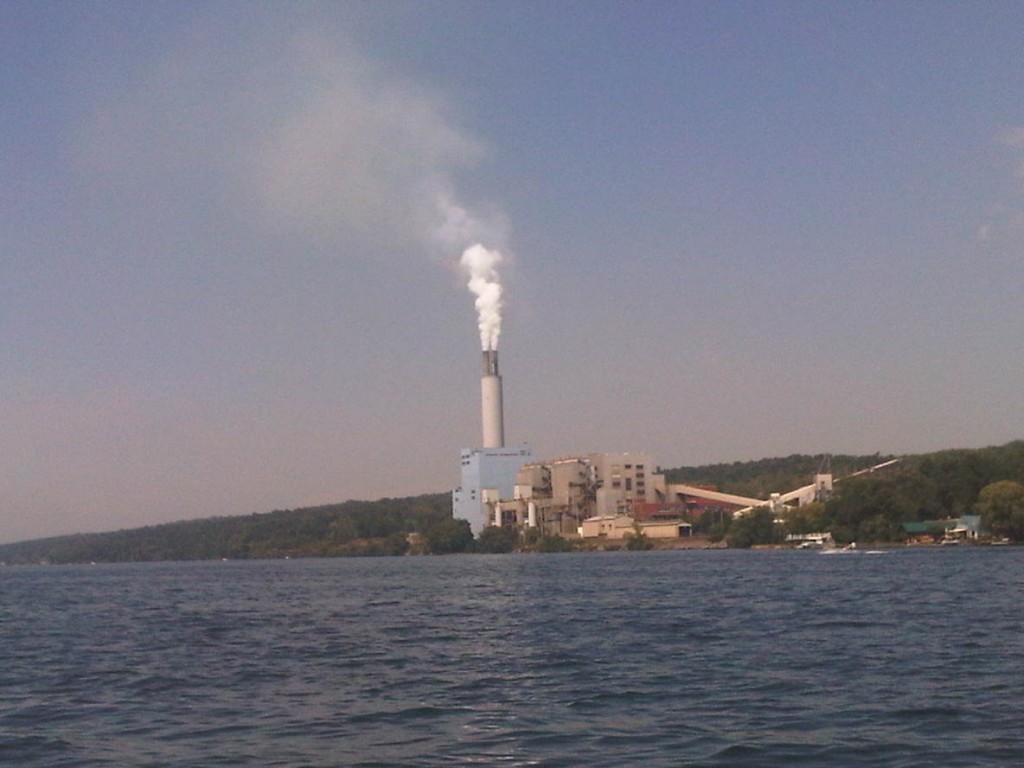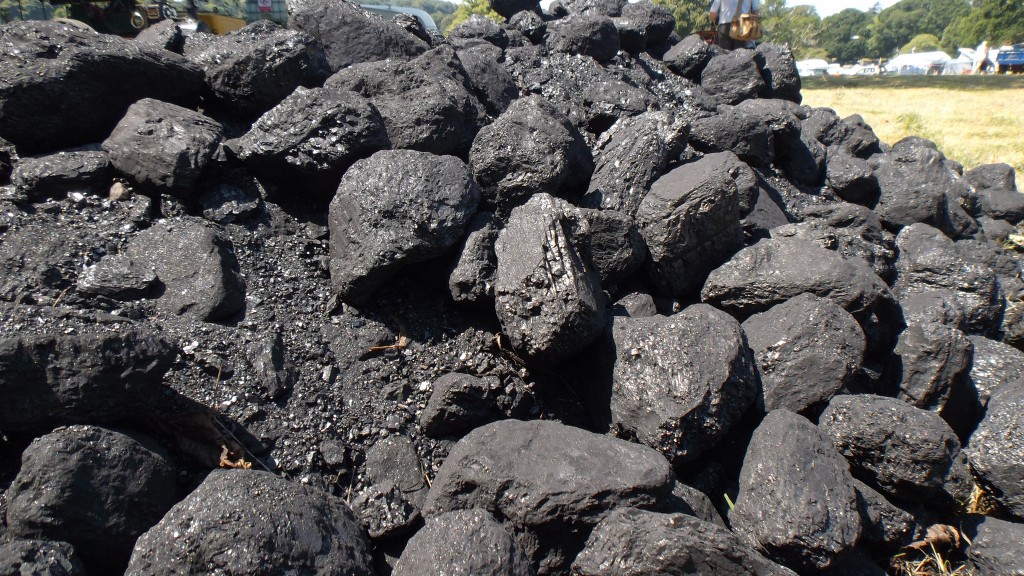It's no secret that environmental demands and regulations pose an inconvenience for large corporations--but what if the problem is more fundamental than that?
Beyond corporations worried about profits, could the global economic system itself be the main obstacle to the world collectively addressing climate change?
DON'T MISS: Will Biofuels Growth Require Cutting Down Forests? At Scale, Yes, Report Says
In This Changes Everything: Capitalism vs. the Climate (via ChargedEVs), journalist Naomi Klein argues that economics lie at the heart of the climate-change issue.
The thesis of her book, released last November, is that wealth disparities and corporate influence on politics have more effect on attempts to lower carbon emissions than do the sales of electric cars or compact-fluorescent light bulbs.
In other words, Klein argues, the debate over climate change needs to be redefined.

Electric power plant outside Ithaca, New York
She describes the opposition of corporations and conservative politicians as ironclad, and suggests they will simply never accept that climate change is real or end harmful practices on their own.
On the other hand, her argument is not so much with capitalism (despite the subtitle) but with the largest corporate players that use profits and power to overturn regulation, promote junk science, and conduct marketing campaigns to delay meaningful change.
And Klein also harshly criticizes liberals and progressives who advocate for what they deem to be sensible environmental policies.
The tactics they advocate, she charges, are simply insufficient to have a meaningful effect on rising levels of atmospheric carbon.
CHECK OUT: Coal Power Plant That Can Capture Carbon To Open In Mid-2016
She also accuses advocacy groups of condoning "greenwashing" in practices like fracking for natural gas or carbon-capture systems, whose overall environmental benefits are dubious.
In the end, her argument might be viewed as an example of the "tragedy of the commons," in which each individual has incentives to overuse a shared resource--to detriment of the group collectively.
The solution, Klein argues, is to think of climate change as an issue of social justice: she calls it "climate justice."
She envisions a broader environmentalist movement, in which advocates for action on climate issues unite with those agitating for the rights of indigenous and poor peoples.

Coal, by Flicker user oatsy40 (Used Under CC License)
Poorer communities traditionally have less recourse against polluting power plants and other deleterious impacts on their communities, and they suffer more from their health effects.
Such communities are also often more vulnerable to the effects of natural disasters.
If meaningful change is to avert sustained change in our climate, sea levels, and agricultural output, Klein argues that it has to happen soon.
As do many climate scientists, Klein believes there is an approaching "tipping point"--beyond which climate change can't be corrected--and that the world could reach it within our lifetimes.
ALSO SEE: Adorable, Helpful Fossil Fuels Are Your Loving Girlfriend--Don't Betray Her: Video
The book suggests reversing climate change will be much more challenging than even the most ardent advocates may believe, and that they should be deeply concerned that the world will not reach that goal in time.
The New York Times termed Klein's opus "a book of such ambition and consequence that it is almost unreviewable."
But it ended the review it nonetheless published by calling This Changes Everything "the most momentous and contentious environmental book since Silent Spring" (written by Rachel Carson and published in 1962).
_______________________________________________












